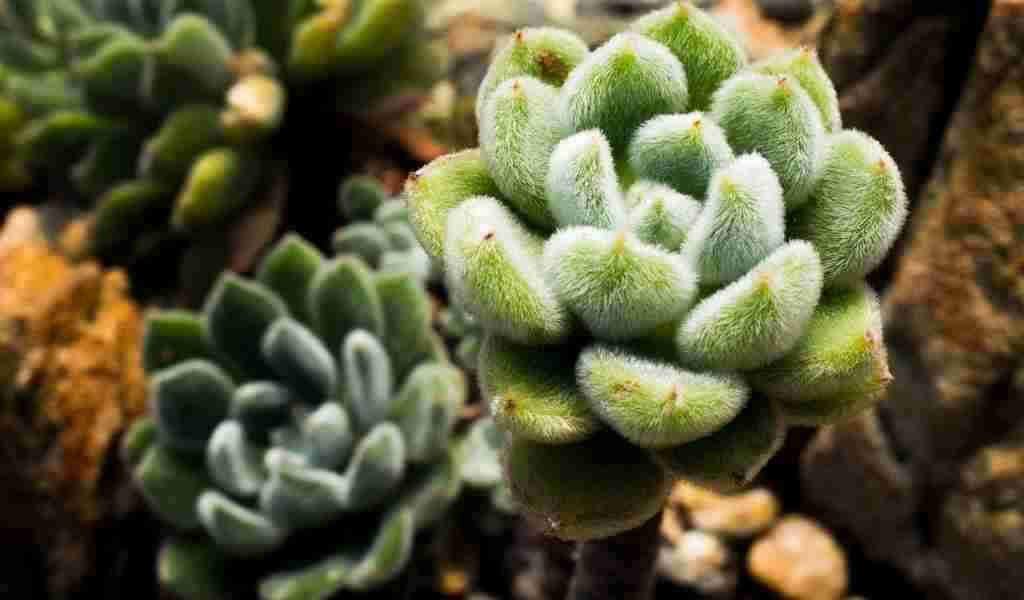Caladium Moonlight is a fancy-leaf caladium. Moonlight or Florida Moonlight is a caladium variety developed by the University of Florida’s breeding program in 2002. A hybrid of a cross between Caladium ‘Aaron and Caladium ‘Candidum Jr’. White luminescent leaves have a thin green margin. Large heart-shaped leaves are light and papery thin. Veins are white to light green. They have proven to produce a superior number of leaves that emerge sooner than other white cultivars. This goes for tubers that are forced in pots and when grown in outdoor landscapes. Perfect for brightening up any shady spot in your garden or patio.
Sun Exposure
Full Sun, Partial sun
Water Needs
Even Moisture - Regular
Water Needs
Dry When Dormant
Soil Care
Well-Drained, Rich
Special Situation
Deer Resistant
Foliage Color
White, Green
Foliage Season
Deciduous
Flower Color
White, Pink
Caladiums are native to the tropical regions of South America, primarily Brazil. These plants have been a part of American and European gardens since the mid-1800s. Currently, there are approximately 16 different species commercially available. Read more about the many different Caladium varieties here.
Place your Caladium Moonlight in bright, indirect sunlight. Moonlight Caladiums may have difficulty thriving, and will drop leaves, without ample sunlight. Make sure you acclimate your caladium before putting it into direct sun. Too much sun too soon could cause leaves to scorch and dry up. A few hours of morning sun is a perfect start. Then, gradually increase the amount of full sun your Moonlight gets. Indoors, place it less than 3 feet from a south-facing window to maximize the potential for growth. Sprouts in 32 days in spring and more quickly in summer months.
Water your Caladium thoroughly and make sure that the soil is evenly moist. If the top inch of the soil is dry to the touch, then it is time to water. Allow water to flow through the pot’s drainage holes. Avoid overwatering your plant as it will bring about root rot problems.
Plant your Florida Moonlight Caladiums outside after any danger of frost has passed. The ideal temperature range for caladiums is between 70°F – 75°F (21°C – 23°C) during the day and 60°F – 65°F (15°C – 18°C) at night. Caladium plants are not tolerant of cold temperatures. Be sure to bring inside as a potted plant when temperatures drop.
Like most caladiums, Florida Moonlight grows best in fertile, well draining soil. Be sure to not use soil that is too compacted or heavy. This can result in prolonged periods of water retention, resulting in root rot. Improve the texture and fertility of your soil by adding compost or top soil at planting time.
During the growing season, caladiums will appreciate an occasional dose of liquid fertilizer. When your caladium is ready for repotting, be sure to add some fresh potting soil. This will replenish the caladium’s nutrients. Repot your Moonlight Caladium after it doubles in size, or once a year (whichever comes first).
Caladiums are flowering plants that go by many common names: Elephant Ears, Angel wings, Heart of Jesus and many more. There are over 1000 named cultivars of Caladium bicolor from the original South American plant.
Area of Expertise
If you are looking for a super hard to kill plant, then look no further…MORE
Want to learn how to propagate and care for your Fiddle leaf Fig Tree?…MORE
Dieffenbachia is one of the easiest indoor houseplants to grow, making it one of the most popular indoor plants…MORE
Tillandsias or Air Plants are very popular and do not require any soil…MORE

FUZZY, SOFT, Velvety SUCCULENTS
Fuzzy soft succulents are some of the cutest around. Some of my favorite succulents are fuzzy echeveria…

Are you having a hard time keeping these beautiful succulents alive? Let’s review the 5 ways you are killing your Jade.

Join our email mailing list
Sign up for the MoodyBloomsCo.com blog alerts and once subscribed, I will send you a notification when a new post has been made.
Support Moody Blooms by using the affiliate links to shop. We receive a small commission (at no extra cost to you) so we can continue to create helpful free content. Thank you, we appreciate it!










